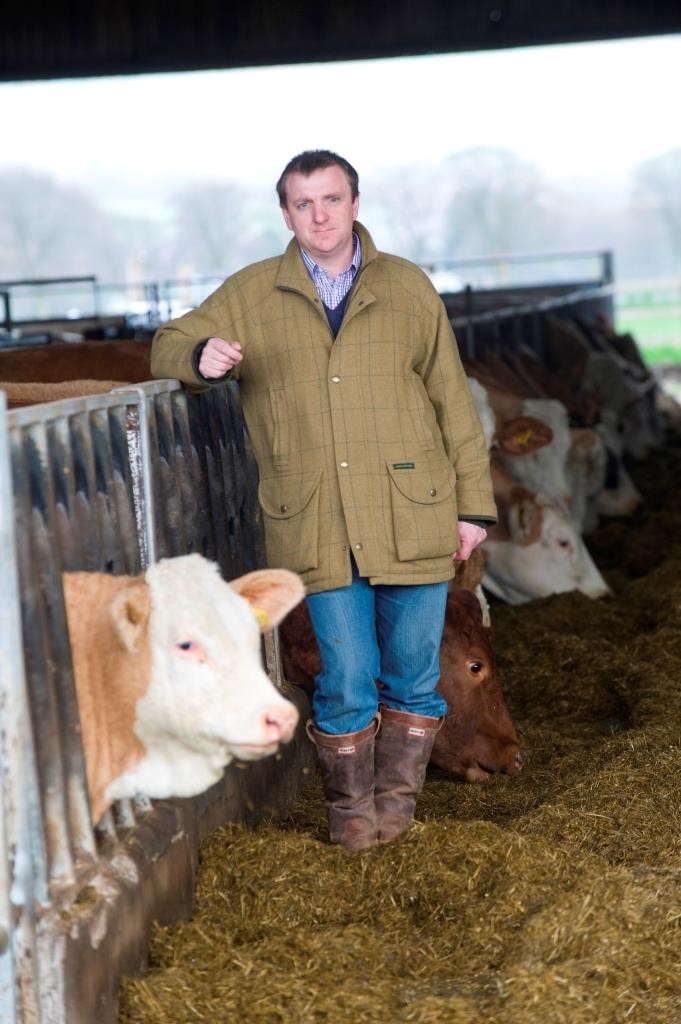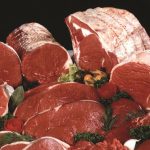Scottish red meat industry faces challenges and opportunities, says QMS
A combination of both challenges and opportunities lie ahead for the Scottish red meat industry according to Quality Meat Scotland chairman, Jim McLaren.

QMS chairman, Jim McLaren.
Speaking about the frustration being felt in the supply chain, in particular by livestock farmers whose cash-flow has been hit by a combination of reduced and late support payments along with some of the lowest farm gate prices experienced in several years, McLaren said: “Without question this is a disheartening time for many hard-working Scottish livestock producers but I would urge farmers not to lose sight of the long-term opportunities which lie ahead for our industry.
“What we offer from Scotland could not be more different to what is produced by the majority of our overseas competitors.”
McLaren believes there will be real opportunities in the years ahead to reap the rewards of the Scottish industry’s unique selling points in a global market where there is growing demand for quality, sustainably-produced red meat.
“We have beef and lamb which benefits from our whole-of-life quality assurance schemes and full traceability. It is free of growth hormones and is produced using systems where any use of antibiotics is carefully controlled.
“Our production methods are grass and forage-based and do not divert water from human consumption. These qualities would place our products in the very top price bracket in markets such as North America, yet they seem to be taken for granted by UK retailers,” McLaren said.
“It is essential that a larger share of the retail value finds its way back to the primary producer, or the long term availability of our world-beating products could be under threat.”
McLaren also urged livestock farmers to focus on areas within their control, such as making sure their end product is what their customers are looking for in terms of carcass weight and grade, to help boost profitability.
“We can also strive to improve our herd health status still further and make the most efficient use possible of grass, our industry’s greatest natural resource,” McLaren added.
Looking at the beef sector, he said the implementation of the wide-ranging Beef 2020 proposals would also offer farmers opportunities to improve their margins.
“The development of an integrated and accessible database was a central recommendation and is seen as key to the delivery of improved productivity, allowing producers to track the performance of their animals through the whole of their life and beyond.”
“This information will help farmers to make changes to their businesses based on sound knowledge about the effect these changes are likely to have on profitability. The Scottish Government’s new Beef Efficiency Scheme is the central mechanism for populating this database and I would encourage all producers of suckled calves to join this scheme.”
Photo credit: Alan Richardson, pix-ar.co.uk

 Export growth for Parma Ham
Export growth for Parma Ham US beef and lamb markets could boost British livestock sector
US beef and lamb markets could boost British livestock sector
